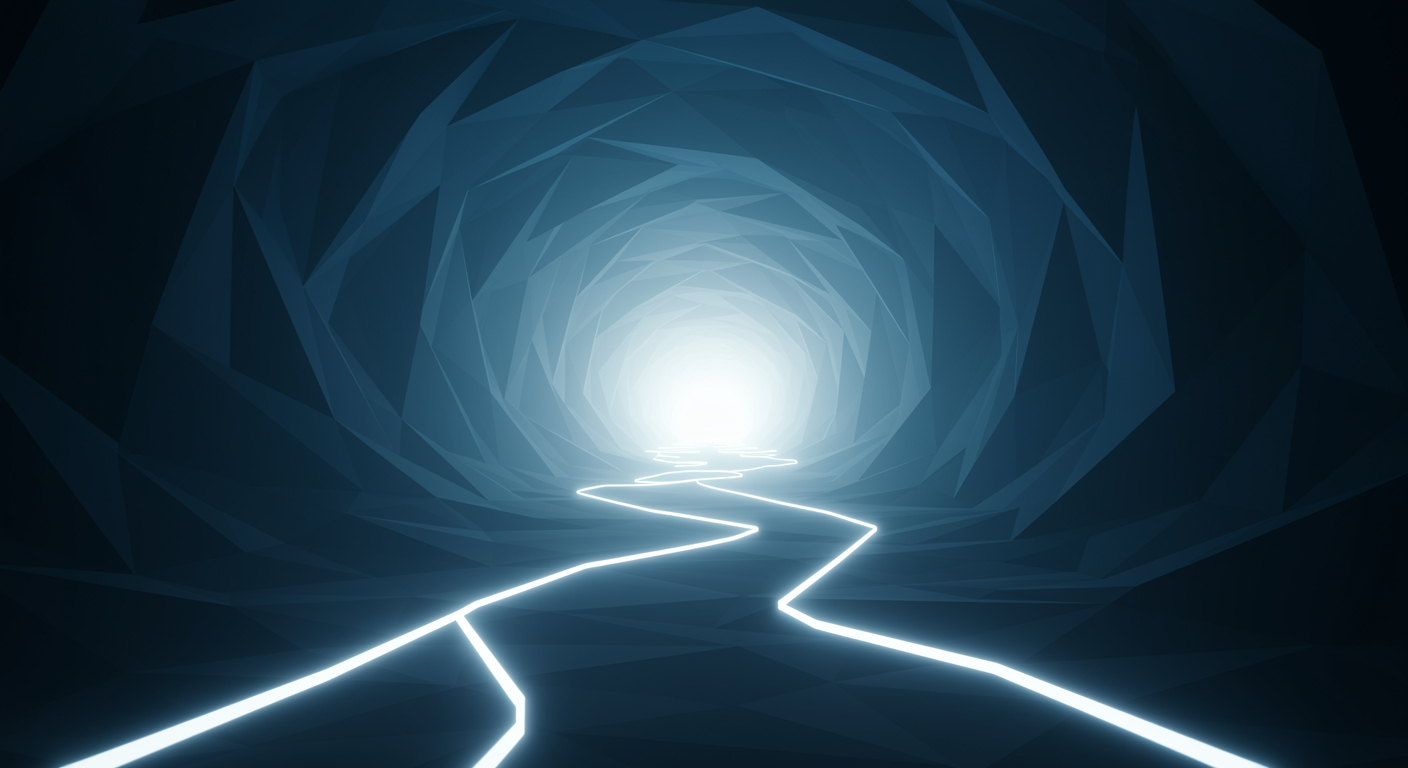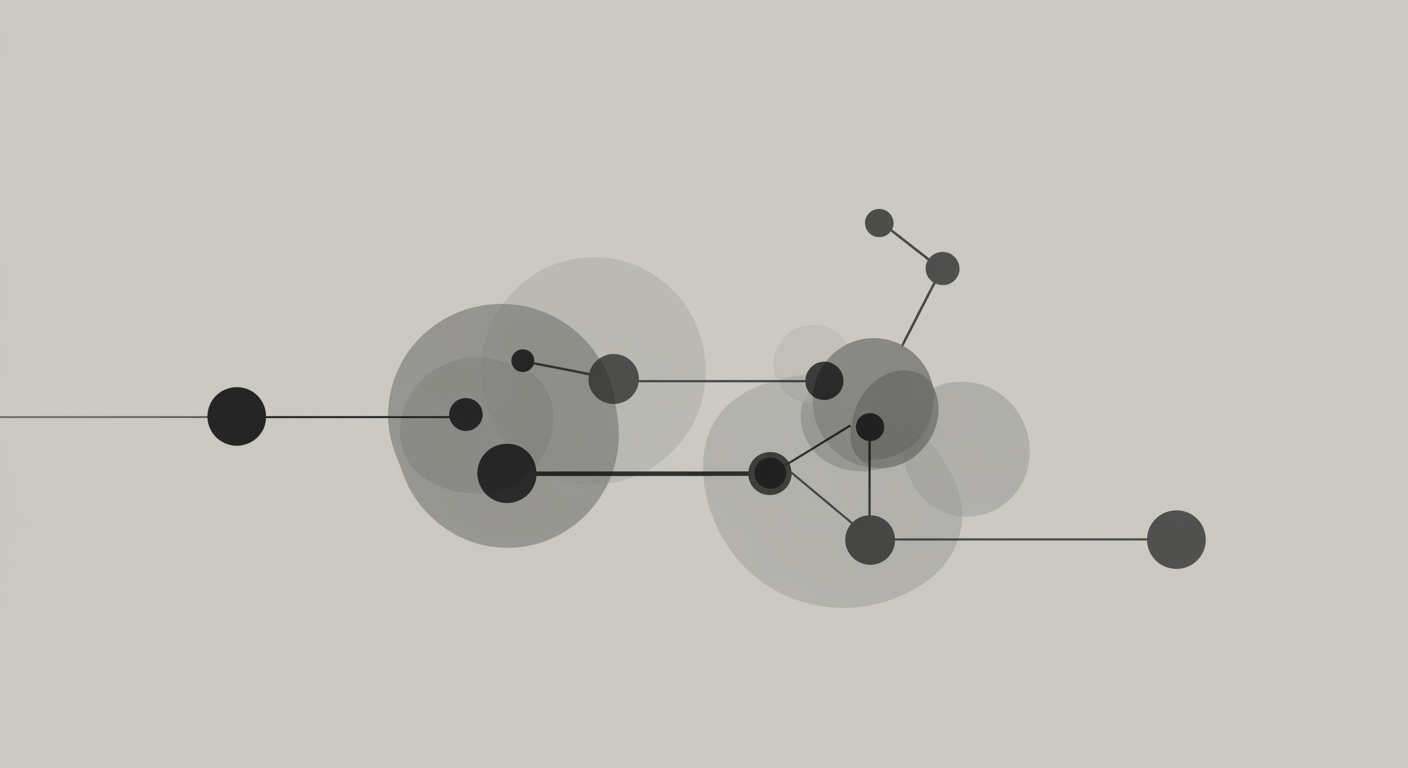Welcome to the Research and Strategy Services at in today's fast-paced.


If you are or people you know have been experiencing unusual sleep problems this year, then you are not alone. In a report from the National Institutes of Health, medical researchers found that the COVID-19 pandemic has been found to trigger insomnia. With the added challenges of dealing with the pandemic, more individuals are experiencing “coronasomnia”, a particular type of insomnia triggered by the many effects the coronavirus and quarantine has had on our daily lives. The good news is that a great deal of research has been done on understanding what causes sleep problems, along with the antidotes for good quality sleep. Here is an easy to digest guide on how to beat coronasomnia and sleep well during lockdown.
Insomnia basically means you have consistent problems sleeping over extended periods of time. This can be weeks, months, or even years. Many studies have shown that lack of sleep both acutely and chronically impacts cognitive functions that we need to perform well at work or school. The NHS in the UK claims insomnia can be identified if you regularly experience these symptoms:-
According to Mayo Clinic, insomnia can also be diagnosed medically through physical exams, sleep habits reviews, and sleep studies. Some medical professionals also use advanced medical imaging technology to detect rarer forms of insomnia.
Common causes of insomnia include:-
Coronasomnia is essentially the same experience of the symptoms of insomnia mentioned above, but caused by more specific factors related to the psychological, social or habitual lifestyle changes affecting your wellbeing. This can either due to the pandemic itself, or the impacts that lockdowns are having on most peoples lives. The most likely factors behind Coronasomnia include:-
For numerous reasons, increases in stress, anxiety and depression have been widely reported to have risen in levels and seriousness since quarantines began around the world. As shown by this US research data, these appear to be progressing over time.

Unfortunately the door swings both ways, as lack of sleep can also contribute to mood disorders, as well as be a symptom of them. In either case, getting a sound night's rest on a regular basis is a critical factor for your mental and physical wellness.
If you have been diagnosed as having a sleeping disorder, your physician may recommend therapy, natural remedies or pharmaceuticals as sleep treatments. We will cover these later on.
However, if you have already identified that you are experiencing coronasomnia, then in most cases insomnia is alleviated, or gets better, by simply shifting sleep routines towards good habits. The bonus here is that once you adopt such habits, it's likely that you will learn how to sleep better generally. This can be particularly important during what's dubbed as the Winter blues.
So, aside from seeking the best alternative treatments, you can try these established tips to help you sleep more soundly during times of quarantine.
To fight off coronasomnia, try to establish and follow a generally healthy daily routine, and avoid unhealthy habits.
You should stay active and get some exercise during the day. Staying active reduces stress and helps maintain the body’s normal rhythms.
If you have work, remind yourself to take a break frequently, just as you would if you worked in an office. During lunch breaks, you can even go for a short walk to take a breather.
Avoid strenuous activities at night and turn down the lights at home about thirty minutes before bed. According to an article published in UC Davis Health, bright lights prevent the brain from producing melatonin, a hormone that helps you sleep.
According to research, the blue light from gadgets, like tablets, phones, and computers, sends signals to the body to stay awake. The blue light also hinders melatonin production.
Instead of using your phone, you may just read your favorite book before going to sleep.
If you work from home, you should avoid working from your bed. This practice ensures that you are conditioned to think that the bed is a place of rest.
If you have nowhere else to work but in your bedroom, at least make sure not to work from bed.
Avoid eating dinner late to allow your body to digest food properly before going to sleep. If you plan on turning in at 11:00 PM, try not to eat after 7:00 PM.
Every time you go to sleep, your body shuts down all metabolic processes, including digestion.
If you want to have a more restful sleep, limit the amount of news you read, especially before going to bed.
According to Angela Drake, a clinical professor from UC Davis Health’s Department of Psychiatry and Behavioral Sciences, the brain cannot handle constant news alerts and headlines. The clinical professor likened this phenomenon to a car alarm constantly going off inside the brain.
Go easy on alcohol and caffeine if you want to sleep better amidst the pandemic.
According to one study, 400mg of caffeine taken six hours before bedtime reduces sleep by an hour(8). Another study suggested that drinking large amounts of alcohol before bed may result in poor sleep quality.
You may also take up meditation to get a good night’s sleep. These relaxing exercises could improve sleep, highlighting the importance of the mind and body connection.
Although meditation takes a little practice, it is worth trying as it may lower your stress hormones.
Tapping into meditative effects, sleep apps are also a popular choice for many people, here are Healthline's Best Insomnia Apps of 2020
If changes in sleep habits are not successful, then there are a range of treatment approaches that can be tried to cure insomnia, some of which do not require medications. It's worth learning what these are if you plan to discuss options with your doctor, so that you can explore what may fit best for your particular needs.
One of the most common treatments for the sleep disorder is cognitive behavioral therapy. According to Mayo Clinic, cognitive behavioral therapy may help you establish a good sleep routine and avoid unhealthy practices that keep you from sleeping well. Here are some cognitive behavioral therapy strategies as listed by Mayo Clinic.
If your physician recommends relaxation methods, you can use techniques to control your heart rate, breathing, mood, and muscle tension. These practices enable you to relax.
Relaxation strategies include progressive muscle relaxation, breathing exercises, and biofeedback (the use of visual or auditory feedback to control involuntary body functions). These techniques can reduce anxiety during bedtime, preparing you for a more restful sleep.
Neurofeedback is a more neuroscience driven approach which involves being aware of your actual brainwave activity and learning how to train yourself to move into more positive states of mind, such as remaining calm. Some research has shown this method to be more effective than biofeedback, and consumer-level neurofeedback devices, such as Muse, have been affordable to most people in recent years.
Stimulus control therapy helps eliminate factors that condition your brain to resist sleep. This approach may involve setting consistent bedtimes and waking times, using the bed solely for sleep or sex, or avoiding naps.
Some physicians may even recommend leaving the bedroom if you cannot sleep within 20 minutes and returning when you are finally sleepy only.
Paradoxical intention therapy involves remaining passively awake, and can reduce the worries and anxieties you have about not being able to sleep.
With paradoxical intention, your physician may advise you to get in bed and try to stay awake, instead of getting in bed and expecting to fall asleep immediately.
Light therapy involves using lights to adjust your internal clock. Your doctor may recommend light therapy if you sleep and wake too early.
Adjusting your internal clock is possible by using a lightbox or going outside during times of the year when it is not too dark in the evenings.
Sleep restriction therapy aims to trigger partial sleep deprivation by reducing the time you spend in bed. Sleep restriction also involves avoiding naps during the day.
Partial sleep deprivation helps you get more tired by the next night. Once your sleep quality has improved, bedtime also gradually increases.
If non-pharmacological treatment does not cure your insomnia during the pandemic, you and your doctor should consider the use of medications. Prescription sleeping pills may help you get a restful sleep. Or alternatively, melatonin supplements can be bought over-the-counter and are considered a natural sleep aid.
Doctors generally do not advise relying on sleeping pills for more than a few weeks. Still, there are several sleep medications approved for long-term use:
● Ramelteon (Rozerem)
● Eszopiclone (Lunesta)
● Zolpidem (Ambien, Edluar, Intermezzo,and Zolpimist)
● Zaleplon (Sonata)
Despite the promise of sleep, prescription sleeping pills, much like other medications, come with side effects, such as daytime grogginess, increased risk of falling, or risk of drug dependence. It is recommended to talk to your doctor about these medications and their possible side effects.
You can also opt for non-prescription sleep aids containing antihistamines (anti-allergy). It is recommended to seek advice from your doctor before taking over-the-counter medications, since antihistamines are not intended for regular use. Antihistamines may also come with side effects, such as dizziness, daytime sleepiness, cognitive decline, confusion, and difficulty urinating, which could worsen in elderly patients.
Hopefully if you or someone you know are experiencing coronasomnia, some of the solutions covered in this guide will help with getting back into regular and restful slumber. If you wish to explore more advice on adopting healthy sleeping habits, then also read these blogs.
Simple Life Hacks for Great Sleep
8 Health Benefits to Being an Early Riser
Lastly, if you're in need of some motivation, here's a handy infographic to help you stay mindful of the benefits of a good night's rest.









Welcome to the Research and Strategy Services at in today's fast-paced.

Many professional roles require cognitive performance to be sustained over long periods rather than demonstrated briefly. This article explains how sustained cognitive load shapes performance in knowledge-work and monitoring environments.

An overview of the important interpretational difference between temporary changes in brain state, and durably lasting changes in cognitive capacities.

An interpretive overview explaining why cognitive training outcomes vary across individuals, how factors such as baseline ability, state, and measurement influence results, and why variability should be expected.
.png)